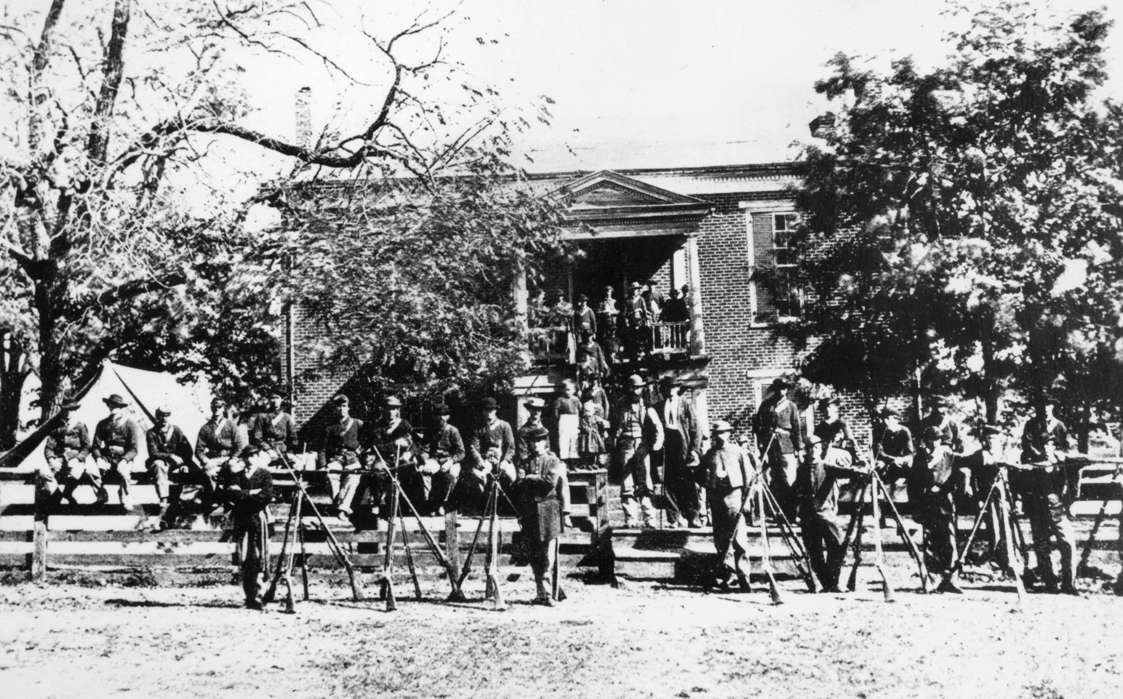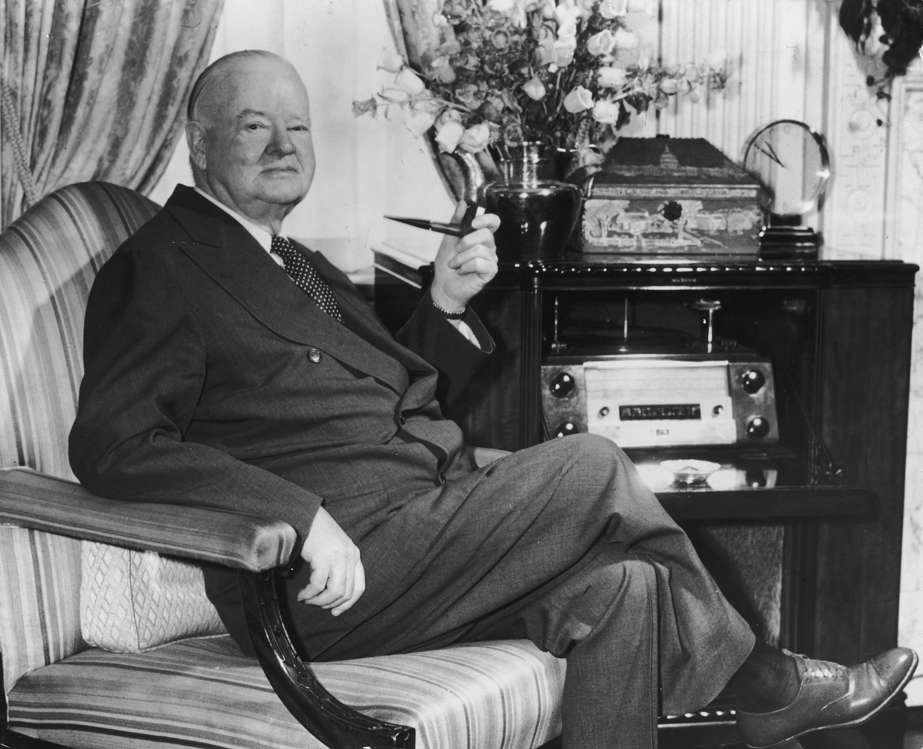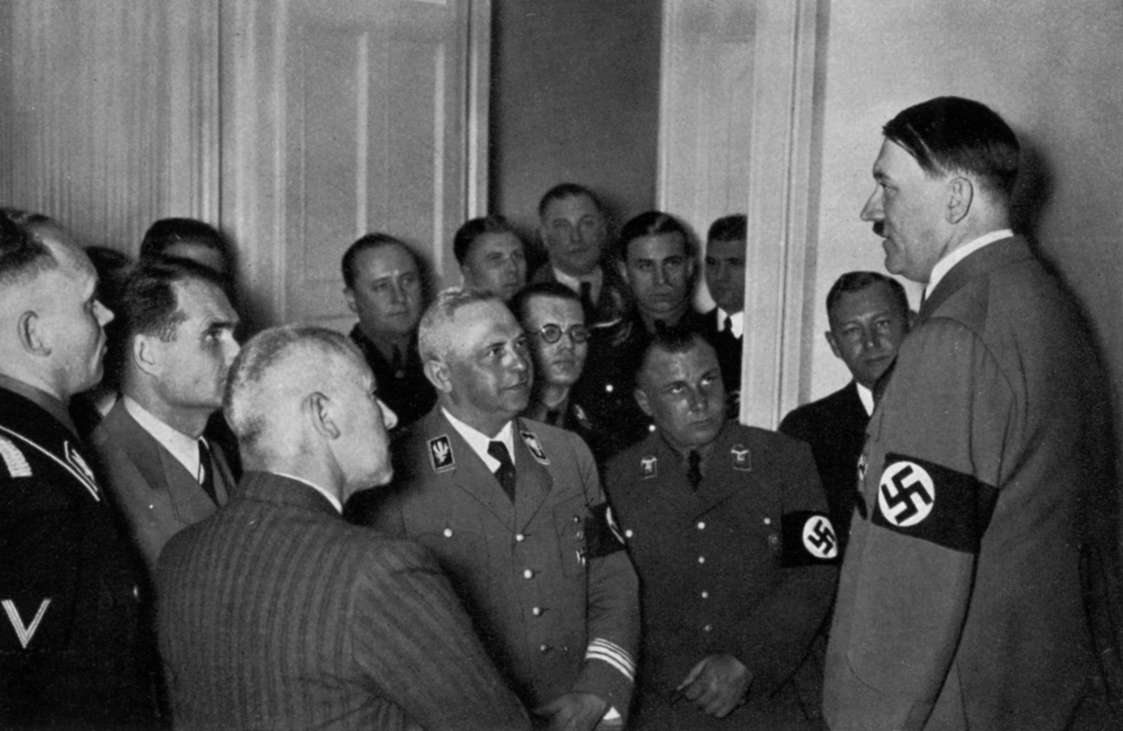CALL THEM WHAT THEY ARE UNDOCUMENTED TAXPAYERS
WHO PAY MORE IN TAXES THAN EITHER AMAZON OR JEFF BEZOS
By Tim Breene for CNN Business Perspectives 3/27/2020
Editor’s note: The opinions in this article are the author’s, as published by our content partner, and do not necessarily represent the views of MSN or Microsoft.
By Tim Breene for CNN Business Perspectives 3/27/2020
Editor’s note: The opinions in this article are the author’s, as published by our content partner, and do not necessarily represent the views of MSN or Microsoft.
In the midst of this economic crisis caused by the coronavirus, there is broad bipartisan support in Congress to provide payments to American taxpayers to offset the economic impact of the coronavirus. Among other components of the nearly-$2 trillion relief package negotiated in the US Senate, the agreement announced Wednesday morning reportedly will include checks of $1,200 to most American adults. These funds are supposed to help those who are out of work to pay for food and lodging and to stimulate the contracting US economy, encouraging people to spend even while they are stuck at home.
Unfortunately, the Senate proposal does not include all taxpayers. Those who file their taxes using an Individual Taxpayer Identification Number (ITIN) instead of a Social Security number have been left out, according to the Institute on Taxation and Economic Policy. Omitting these taxpayers will exclude many of the American taxpayers who are most vulnerable in the current crisis: undocumented immigrants.
Failing to aid these workers will be disastrous to them and their families and will have a significant negative impact on the economy.
If the Senate bill is passed without amendment by the House and signed by the president, it will not be the first time that taxpayers who file their taxes with an ITIN will not receive stimulus checks. In 2008, when our country issued similar checks, not only were taxpayers who filed with ITINs excluded -- so were those with a valid Social Security Number who jointly filed a return with a spouse with an ITIN (with a limited exception for military families).
In hindsight, it's clear immigrants suffered disproportionately as a result of the Great Recession. For example, in 2008 alone, Hispanic immigrants' unemployment rate jumped from 5.1% to 8%, a significantly greater increase than among other American workers.
Since 1996, ITINs have been issued by the IRS to individuals ineligible for a Social Security Number -- mostly (though not exclusively) because they are immigrants who are undocumented.
In an effort to encourage these undocumented immigrants to file and pay their taxes, the IRS has long highlighted that it maintains a wall of separation from the Department of Homeland Security, which is responsible for immigration enforcement. "We want your money whether you are here legally or not and whether you earned it legally or not," IRS Commissioner Mark Everson said in 2007. Even in an era of increased rhetoric about immigration enforcement, federal tax law continues to prevent these taxpayers' information from being shared for immigration enforcement purposes.
Many undocumented immigrants have taken the IRS at its word: By 2015, more than 4 million people annually were using ITINs to pay $4.35 billion in net taxes.
These unauthorized immigrants are concentrated in the industries likely to be most immediately impacted by the coronavirus pandemic. Though only about 5% of the US labor force overall is undocumented, they make up 10% or more of those working in the accommodation and food preparation and service sectors. The women and men who clean hotel rooms are either being laid off or are having their hours dramatically reduced. In addition, servers, cooks and dishwashers are all among those likely to be let go due to this crisis. They need economic relief urgently.
From an economic perspective, I know that lower-income people -- including most who would pay their taxes with an ITIN -- are the most likely to quickly spend a stimulus check, precisely because they do not have the financial margin to save. If $2,200 was sent to a single parent with two children who was previously earning $12 per hour, they would likely use the funds to buy groceries, pay a cell phone bill or cover a car, rent or mortgage payment. This is the money which continues to circulate in the US economy.
Unlike those with significantly higher earnings, hourly workers generally are not in a position to simply save those funds for a rainy day -- that rainy day has come and the water is up to their necks.
Undocumented immigrants -- who are contributing taxes yet are generally ineligible for social safety net programs, such as food stamps, subsidized housing or Medicaid -- are among those most at risk of hunger or eviction from their homes in the current crisis. Given that many lack medical insurance, they are also least likely to seek and receive health care if they contract COVID-19. Roughly 5 million US-born children of undocumented immigrants will also bear the weight of these impacts.
I'm not dismissing the reality that these immigrants have violated US immigration law, either by entering the country unlawfully or overstaying a temporary visa. Like other evangelical leaders at World Relief, I have opposed calls for amnesty, arguing instead for a restitution-based immigration reform, that establishes a process by which undocumented immigrants could get right with the law if they pay a penalty for their violation of law.
Were Congress to take up such reforms, our experience at World Relief providing legal services to tens of thousands of undocumented immigrants suggests most would be eager to pay such a fine and make amends. But in the midst of this crisis, congressional action on immigration reform is not likely to happen quickly.
What can happen is that Congress can acknowledge that these undocumented immigrants have complied with IRS requirements to file and pay their taxes utilizing an ITIN. We should be fair to these American taxpayers, among the most vulnerable at all times but more so now. Congress should move quickly to send stimulus checks -- and send them, in particular, to these uniquely vulnerable taxpayers.
---30---


















